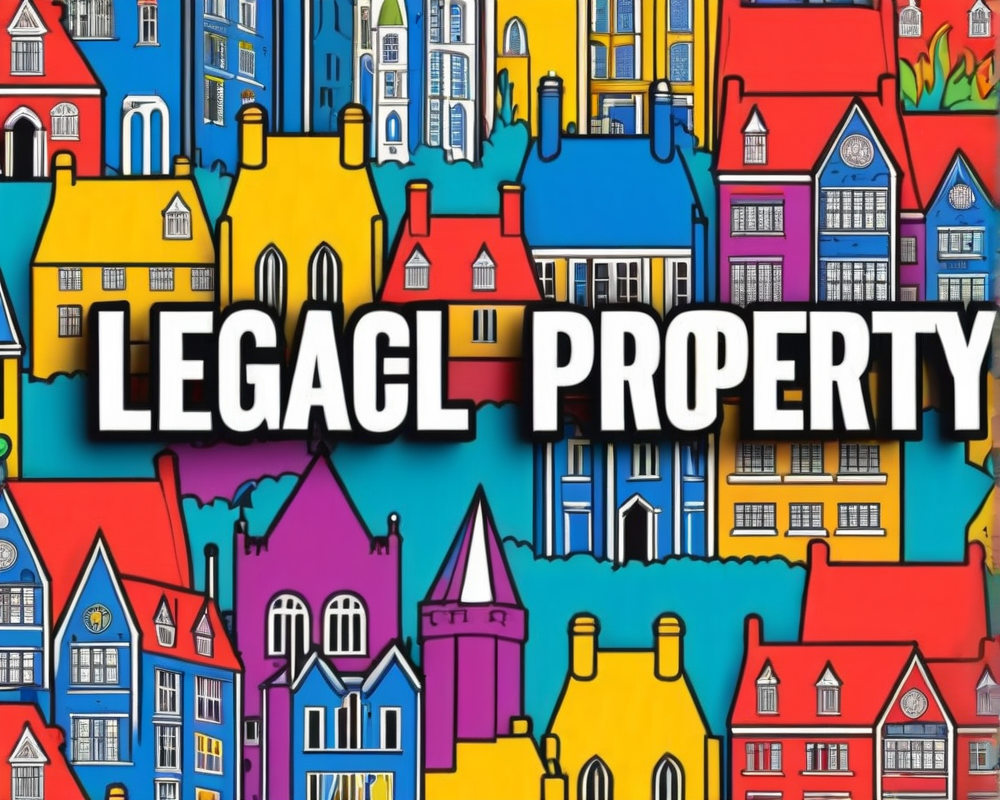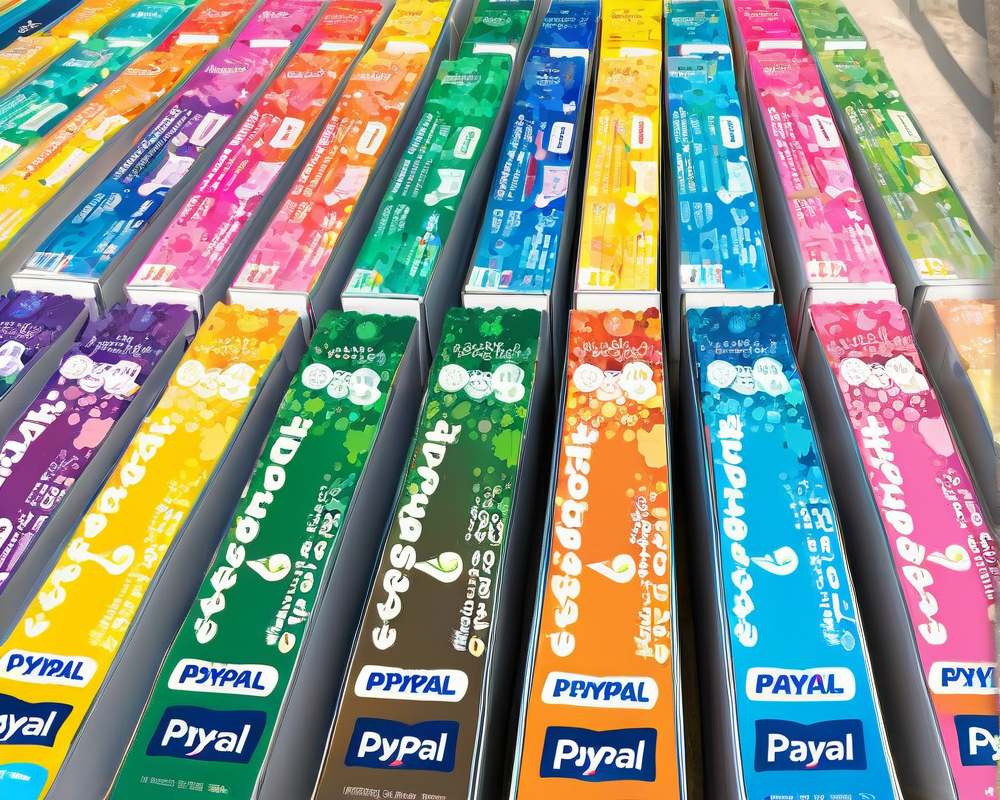A Pioneering Ruling for Digital Assets
In May, a significant shift occurred within the British Web3 community, as the High Court of Justice in London declared that nonfungible tokens (NFTs) constitute private property. This ruling is akin to a thumbs up from the top of the legal food chain, suggesting a new era for digital assets. However, the court’s decision comes with a twist: it does not encompass the actual content that NFTs represent. Just like owning a framed picture doesn’t mean you own the rights to the image, owning an NFT doesn’t give you claim over the content it symbolizes.
The Great Boss Beauties Heist
The story takes a dramatic turn involving the Boss Beauties, a collection showcasing strong women, which faced a theft scandal of its own back in 2022. When Lavinia D. Osbourne, the founder of Women in Blockchain Talks, reported that two pieces from this beloved collection were snatched from her wallet, the case took on a life of its own. With the help of security firms, Osbourne chased the stolen tokens right into the bustling marketplace of OpenSea. Talk about a digital whodunit!
Legal Drama Unfolds
In a twist that could rival any courtroom drama, the High Court issued a freezing injunction against OpenSea and demanded information on the account holders who possessed the snatched NFTs. It’s like legal fireworks were set off, with the judges declaring, “Stop! Thief!” This landmark ruling protected Osbourne’s digital property while igniting conversations about the broader implications for intellectual property laws. The ruling was even described as a “nuclear weapon” of law—not something you hear every day!
The Distinction Between NFTs and Their Content
Now, let’s talk details. Racheal Muldoon, counsel for the case, pointed out that the ruling is crucial as it establishes that NFTs are recognized as property in their own right. But experts caution against getting too excited. The underlying content—the actual artwork or digital media—remains subject to conventional copyright laws. It’s like saying you own the car but not the wheels; it might help with driving, but you still need those wheels!
A Road Ahead Less Certain
Moving forward, experts weigh in on what this means for the NFT landscape. Tom Graham, a Web3 CEO, remarks that while the ruling doesn’t clarify the legal grey areas surrounding the relationship between NFTs and their assets, it does pave the way for stronger protections for NFT holders. Anna Trinh pointedly notes that while the court’s recognition of NFTs as property isn’t shocking, it does cement a legal understanding that could embolden NFT marketplaces in taking action against bad actors. The ruling seems to lay down the law that digital collectors can rest a bit easier, knowing their investments are under legal guard.
Conclusion: A Mixed Bag of Progress
In conclusion, while the ruling offers a step toward clearer legal definitions around digital assets in the UK, it highlights the ongoing complexities surrounding the content of those assets. As the legal landscape surrounding NFTs continues to evolve, all eyes will be on the courts to see how these digital collectibles will be treated in the future. One thing’s for sure: the excitement is palpable, and the field of Web3 is brimming with potential.




